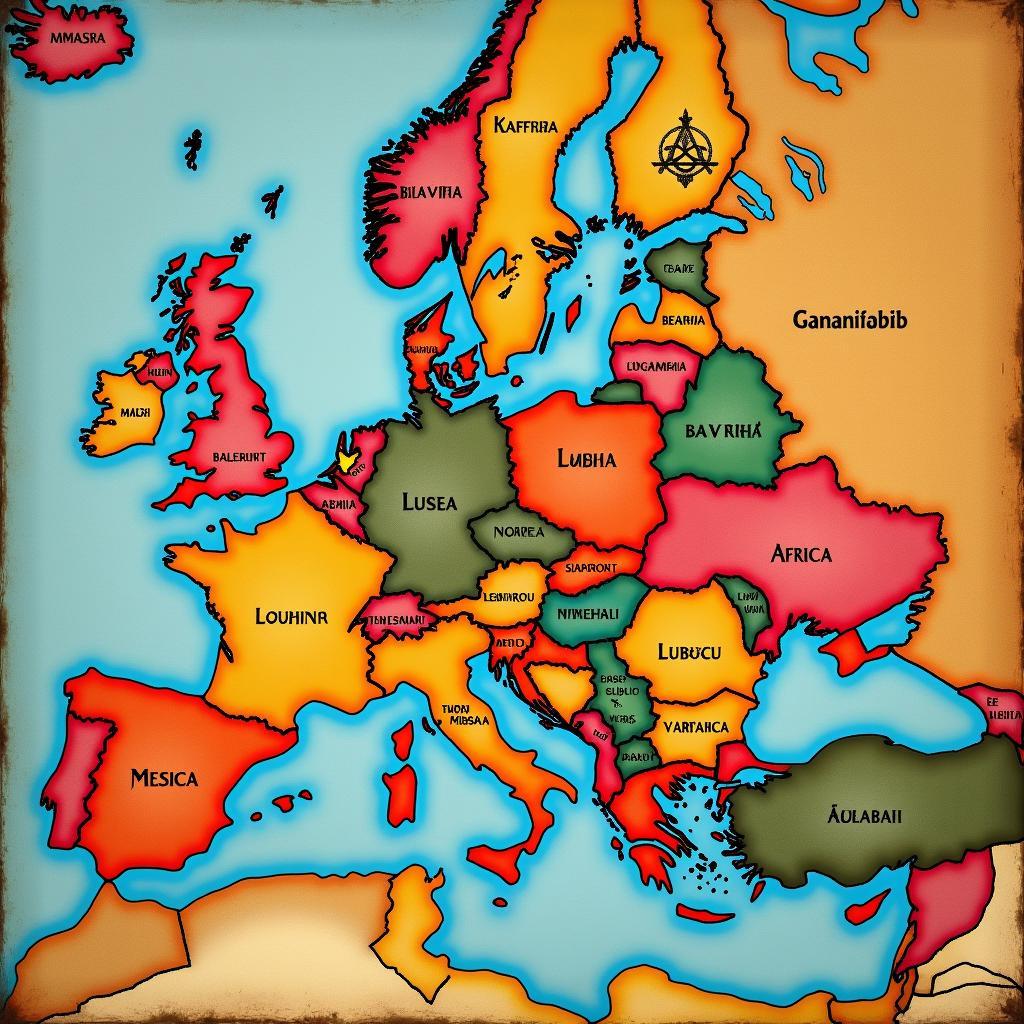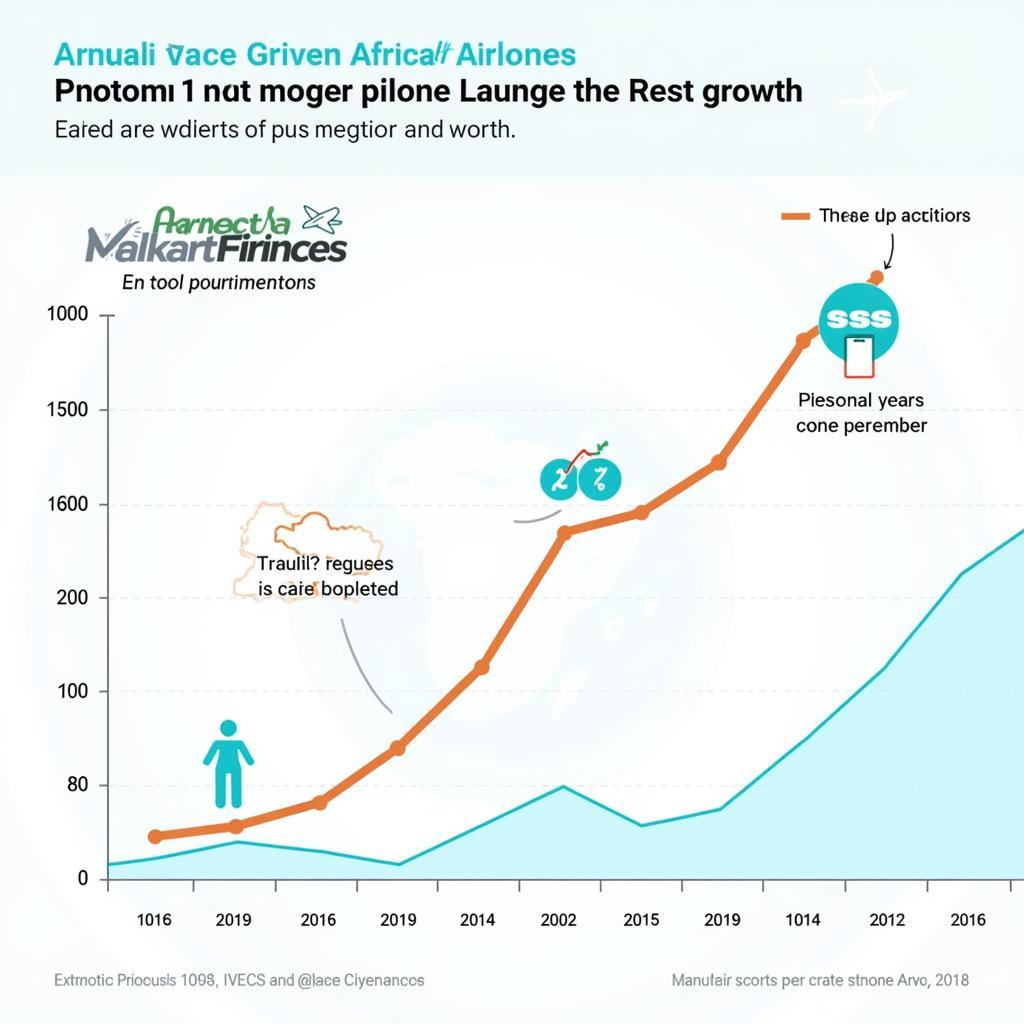African Country Details: An In-Depth Exploration
Africa, a continent teeming with diversity and rich history, boasts a tapestry of 54 unique countries, each with its own captivating story to tell. From the bustling medinas of Marrakech to the serene plains of the Serengeti, the continent offers a sensory feast for travelers and knowledge seekers alike. This exploration delves into the heart of “African Country Details,” unraveling the geographical wonders, cultural nuances, and historical significance that make each nation extraordinary.
Unveiling the Gems: A Glimpse into Unique Characteristics
Each African country possesses a unique blend of natural wonders, cultural heritage, and economic prospects.
- North Africa: Characterized by the vast Sahara Desert and ancient civilizations, this region is home to countries like Morocco, known for its vibrant souks and stunning architecture, and Egypt, famed for its ancient pyramids and the mighty Nile River.
- East Africa: From the snow-capped peaks of Mount Kilimanjaro in Tanzania to the diverse wildlife of Kenya’s Maasai Mara, this region is a haven for adventure seekers and nature enthusiasts.
- West Africa: Home to bustling cities like Lagos in Nigeria and ancient kingdoms like Ghana, West Africa pulsates with vibrant music, colorful festivals, and rich traditions.
- Central Africa: Covered in dense rainforests, this region boasts incredible biodiversity, with countries like the Democratic Republic of Congo harboring a wealth of natural resources.
- Southern Africa: From the majestic Victoria Falls in Zimbabwe to the breathtaking landscapes of Namibia, Southern Africa offers a mix of adventure, wildlife encounters, and historical sites.
Beyond the Headlines: Exploring Key Aspects of African Countries
While generalizations about Africa abound, a deeper dive reveals the multifaceted nature of each nation:
Geography and Climate: From the arid landscapes of the Sahara to the lush Congo Basin, Africa encompasses a variety of geographical features and climatic zones. This diversity influences everything from agricultural practices to settlement patterns.
Culture and Traditions: Africa is a melting pot of cultures, each with unique customs, languages, and artistic expressions. From intricate beadwork and vibrant textiles to rhythmic music and captivating storytelling, cultural heritage thrives in every corner of the continent.
History and Heritage: From the ancient civilizations of Egypt and Kush to the colonial encounters and struggles for independence, African history is rich and complex. Exploring historical landmarks, museums, and cultural sites provides valuable insights into the forces that have shaped the continent.
Languages and Communication: Over 2,000 languages are spoken across Africa, reflecting the continent’s incredible linguistic diversity. While many countries recognize official languages, often inherited from colonial powers, indigenous languages play a vital role in everyday communication and cultural identity.
Economy and Development: African countries are at varying stages of economic development. While challenges remain, many nations are experiencing growth in sectors such as technology, tourism, and renewable energy, driven by a youthful population and abundant natural resources.
Navigating the Continent: Resources for Further Exploration
For those seeking more in-depth “African country details,” numerous resources provide valuable information:
- The African Development Bank: This institution plays a crucial role in promoting economic and social progress. You can learn about their initiatives and find contact information, including the African Development Bank Kenya email address.
- Travel Resources: Websites and blogs dedicated to African travel offer insights into visa requirements, transportation options, and cultural etiquette, making trip planning smoother.
- Academic Journals and Publications: For scholarly research, academic journals and publications dedicated to African studies provide in-depth analyses of various aspects, from history and politics to culture and society.
Embracing the Tapestry: Appreciating Africa’s Diversity
Understanding “African country details” requires moving beyond stereotypes and embracing the continent’s incredible diversity. Each nation has its own unique story to tell, woven from a rich tapestry of geography, culture, history, and people. By engaging with these nuances, we gain a deeper appreciation for the complexities and wonders that Africa has to offer.
FAQs About African Countries
What is the largest country in Africa by landmass?
Algeria is the largest country in Africa by landmass.
Which African country is known as the “Rainbow Nation”?
South Africa is often referred to as the “Rainbow Nation” due to its diverse population and culture.
What is the oldest city in Africa?
Luxor, in Egypt, is considered one of the oldest continually inhabited cities in Africa.
Which African country is famous for its mountain gorillas?
Rwanda and Uganda are renowned for their endangered mountain gorilla populations.
What is the currency used in most West African countries?
The CFA franc is the currency used in many West African countries.
Where can I find authentic African fabric sewing patterns?
Many online retailers and marketplaces specialize in African fabrics and offer a wide array of sewing patterns. You can also find inspiration and tutorials from African fashion designers.
Need More Information?
Do you have more questions about Africa? Are you looking for specific details about a particular country? We’re here to help! Contact us at:
Phone: +255768904061
Email: kaka.mag@gmail.com
Address: Mbarali DC Mawindi, Kangaga, Tanzania
Our dedicated team is available 24/7 to assist you with any inquiries.


